How to Organize Important Documents at Home
Setting up a file organizing system is a bit
of a challenge. If you need to learn how
to organize important documents at home, read on for some of the simplest
hacks that will make your life easier. This advice will come especially handy
if you’re about to move. However, be aware that the amount of time you will
need to set up a proper system largely depends on the number and types of
papers you have. Start to reduce the clutter and preserve the forms, bills, and
contracts you will actually need in the future.
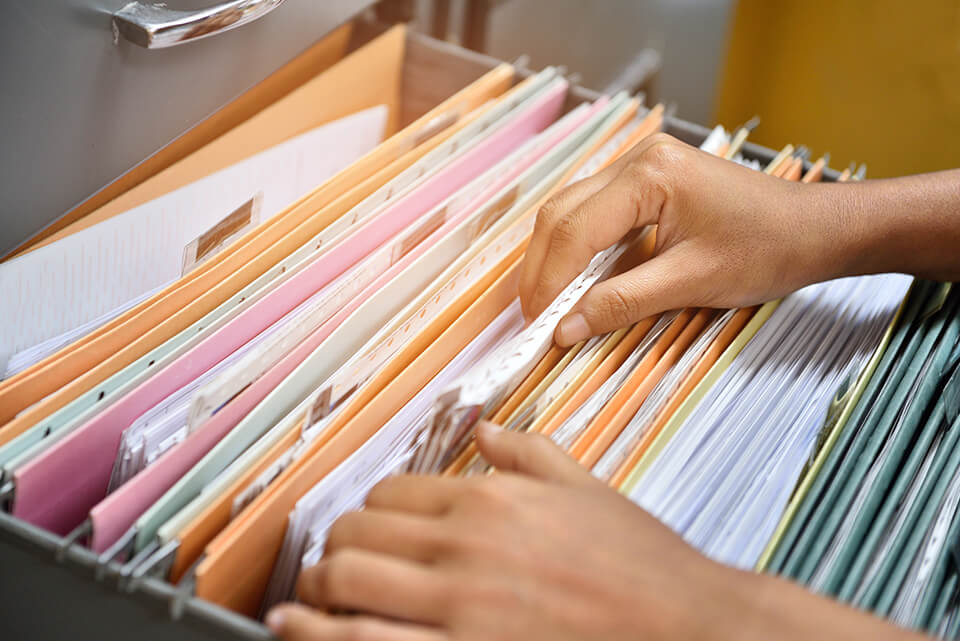
How to Keep Important Documents
Organized
Organizing
important documents starts by determining which ones
actually fall under this category. Keep your eyes open and don't lose any of
these:
●
Legal identification papers, such as
passports, social security cards, birth certificates, or marriage certificates,
●
Tax returns and any related form, receipt, or
record,
●
Property records, like vehicle registration,
mortgage statements, deeds and bills of sale, and various insurance policies,
●
Medical records, bills, instructions, and
health insurance policies,
● All financial records, such as retirement plans or records, investments, unemployment records, checks, and more.
Whether you are simply rearranging your
household and getting rid of some unnecessary stuff or striving to organize your move, here's what you should do:
●
Collect all of your papers and
keep them in one spot,
●
Separate them into categories,
●
Throw away every document you
don't need,
●
Tackle the archive pile of
paperwork,
●
Move on to the household paperwork
pile,
●
Create an action-pile category.
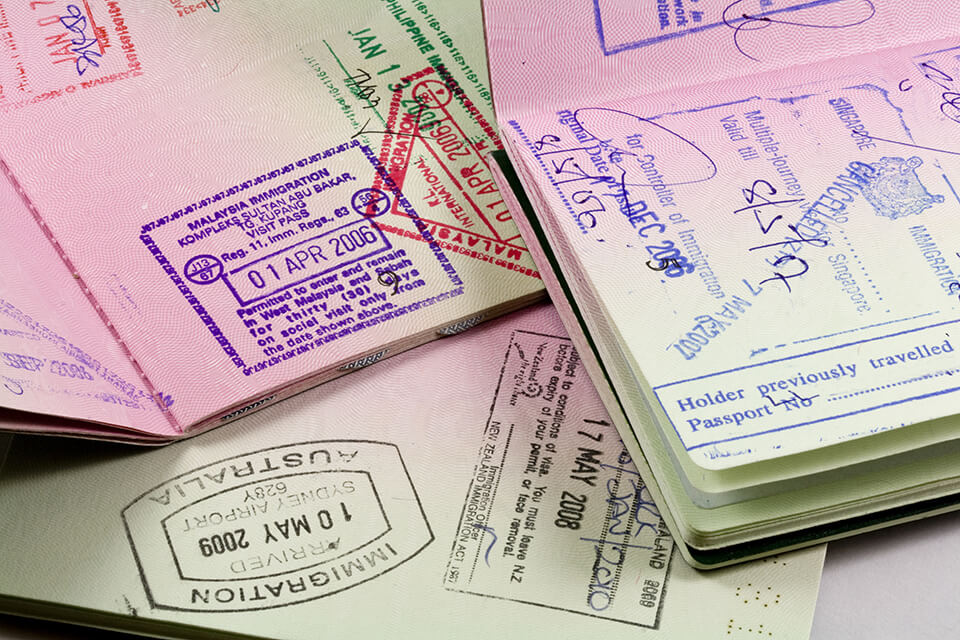
Why Is It Essential to Learn How
to Organize Important Papers Before a Move?
If you follow moving industry trends and stats, you know that an average American moves around 11.7 times in his lifetime. On the other hand, studies show that people who move most frequently forget about the books they've taken from the library, clothes at the dry cleaners, and something more valuable. The majority of people who move forget to pack their personal records.
If you follow useful moving
tips and actionable strategies to gather, sort, and store your
documentation, you won't be one of them. Start by collecting every single paper
and examining its content carefully.
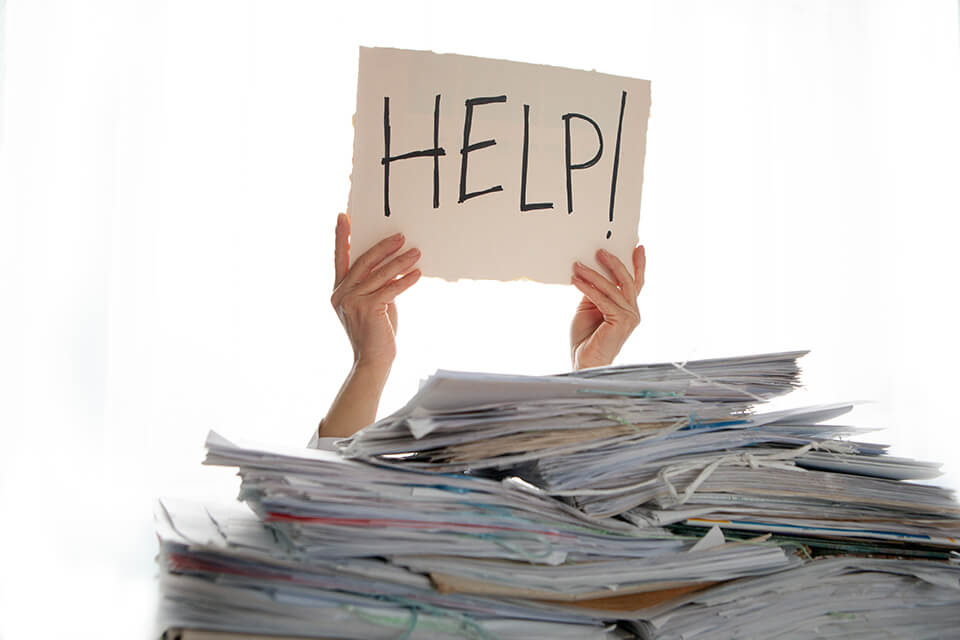
Gathering all Papers and Records
If you want to move efficiently, you must keep every important file and item under control. The initial action you should take to set up a filing system is to gather all of your paperwork in one place. That will make it much easier for you to sort through it all. Besides getting records, bills, receipts, and mail from obvious locations, like your desk drawers or filing cabinets, search thoroughly through the rest of your household to ensure you've found everything.
Look through the most usual rooms and areas where your files, mail, bills, and certificates can get piled. Start from the kitchen table and counters and check out the inside of your work case. Collect it all in one spot that grants you a lot of room to spread every paper out and review it. Sorting them out on the floor or on top of a large table can do the trick.
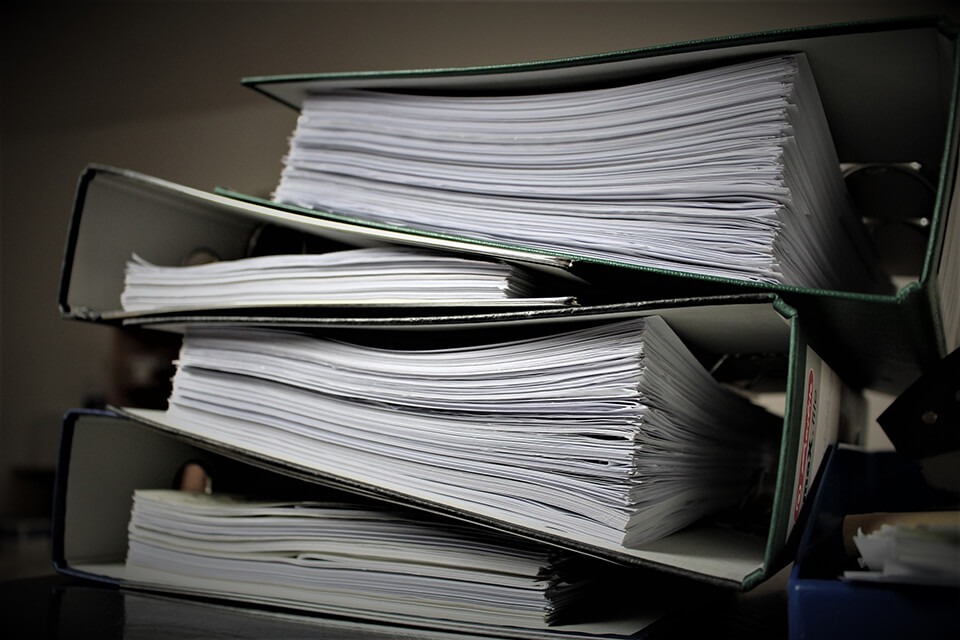
How to Organize Documents:
Tackling Piles of Paperwork
Learning how to store important documents is imperative. However, organizing them properly is one of the prime moving hacks you will have to master. Transporting all your belongings to a new address is challenging. Luckily, some careful planning will help you establish the order and keep track of everything easily.
Now is the right moment to get every legal
paper arranged. Every document should fall under one of these main categories:
●
Archive pile,
●
Home organization pile,
●
Action pile.
Separate Your Archive Pile
Archived files include everything you must hang on to, but aren’t going to use them more than once every six months or so. Some of the most common examples are tax returns, health insurance policies and medical records, leases, warranties, academic records, and agreements. If you're leaving your current house and starting your life elsewhere, make sure to add them to your packing list.
Break your archive papers into several subcategories for a more streamlined system. Separate your academic forms and certificates, car certifications and licenses, employment contracts, financial records, health insurance, and other insurance policies. Also, add your personal identification and real estate reports. Use a labeled folder for every subcategory. When you are done, and everything is assembled, place those folders in a safe spot where you plan to keep them.
Create a Home Organization and
Financial Account Records Pile
These are the files you will use to keep yourself and your household safe and running smoothly. You can add vouchers, checks, user manuals for your devices, receipts for this year's taxes, and everything you will need for future travel to this pile. If you are about to relocate, keep all the records of your costs and the moving budget close and secured.
Let's see what you should do about your household paperwork. You can store it in folders which you can place in a filing cabinet or some other convenient spot. Probably the best option is to keep family records in a binder that has several parts and pockets. The main advantages of a binder are that it doesn't take much of your space, and it can be incredibly useful if you are moving.
Here's
an example: you can take your binder and add some
sections for coupons, receipts, gift cards, loyalty cards, user manuals, and
more. Sort through it all and separate it into categories that match your needs
and lifestyle.
Set up an Action Pile
Lastly, you should take care of the segment that requires action. In this pile, you can find those papers you must keep in order to take action, and you are planning to discard them later. However, do not mix up the ones from this pile with those from the household category. The house-related bundle contains everything that should be filed permanently. On the other hand, the documentation here is usable once and can be tossed afterward.
This category covers your bills, parking tickets, invitations, or appointment reminders. Because these records include items that have to be addressed, it would be best if you stored them in plain sight. That way, you will have a constant reminder, and you won't forget to send them out because they're stacked somewhere in a filing cabinet.
The simplest and most efficient ideas for
storing action paperwork include trays that should be put on top of your table
or desk. Or you can just place these items in an easily accessible folder.
Subcategories will work just fine in this case as well. However, throwing every
paper into the same pile and checking it
out every few days is usually the quickest and simplest way to deal with
this category. Remember, your goal is to keep it simple, tidy, and neat.

Dispose of Unneeded Forms and
Papers
If you are moving, or simply decluttering, selling your old stuff, or donating toys or old clothes, you will have a lot of tossing to do. However, make sure not to accidentally throw away your valuable records.
You will unquestionably form a pile that doesn't match any of the main categories. If the data from that bundle doesn't contain any personal information, you can simply toss it. Better yet, recycle it. That includes junk mail, old newspapers and magazines, old homework you have been saving, used envelopes, and other stuff that has no purpose anymore.
In addition, it would be best to shred every file that doesn't fall into the three principal categories but does include your or your family member's personal information. Shred your old credit cards, bank statements, and outdated bills. Remember, when moving, the best thing for your finances and your back is to donate furniture and other unused stuff. While you're at it, just ensure that everything that you're keeping is properly stored and ready for relocation.
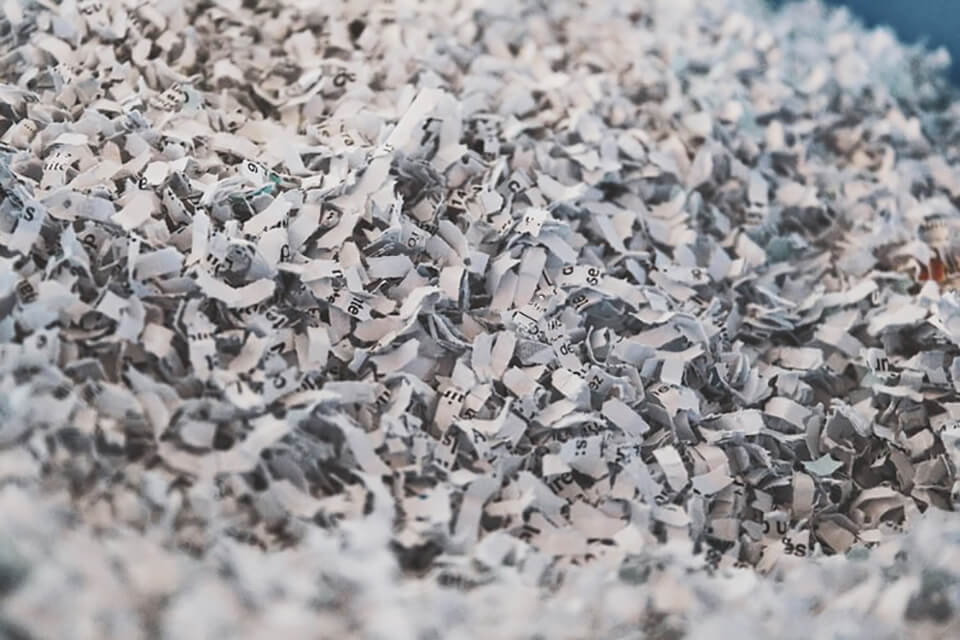
How to Store Important Documents at Home
These are the crucial points to keep in mind:
●
Start by sorting into folders and labeling
them properly to keep track with ease,
●
Shred every outdated paper to reduce clutter
(especially the ones that contain personal information),
●
Determine how much storage you will need for
the files you intend to keep. If you are relocating, you must think of your
storage system when making a new
apartment checklist. The matter of spatial planning is particularly
important if you are moving
from a house to an apartment.
●
Review and sort out regularly
those files that you use at least twice
a year.
Where to Store Important Documents
and Paperwork
Storing valuable documentation online (or on your device) is often a good idea, especially if you must pack to move in a hurry. That way, it will be impossible to misplace any of the essential items. And, speaking of moving essentials, you should create an extensive home inventory list with photos and a precise moving to-do list. All of it could be saved on your computer or smartphone. Before you relocate, make one more digital decision. Check out an app for moving and make the process of combing through moving companies that much simpler.
Once you get to your new place, remember how
you classified and packed your documentation.
High shelves in
less-used closets are the perfect storage
spot for files like tax returns and bank statements. Save easily accessible
places for items you use more frequently, like manuals and instructions.
Whichever your choices are, just be sure that everything is kept in dry places.
Additionally, you can rent
a safe deposit box in a bank for
these valuable papers. Still, it is highly recommended to keep the copies with
you.
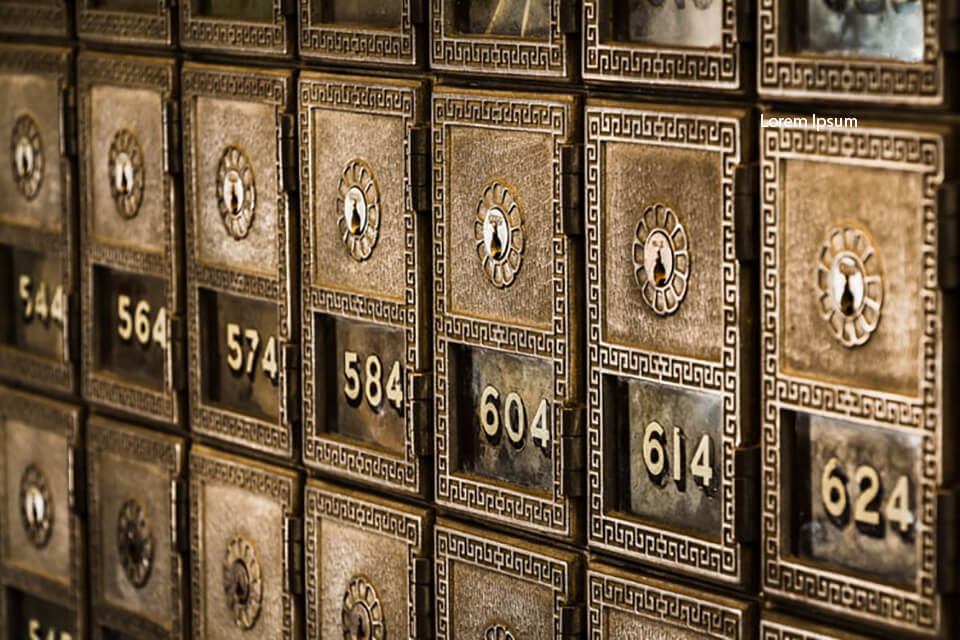
Learn How to Organize Important
Documents at Home and Do it Right
If you’ve started to save money to move, you will definitely want to keep a
record of your savings. If all of your essential documentation is
well-organized, this is another task that will be resolved quickly and
painlessly. Once all of your valuables and important papers are tracked,
cataloged, and secured, you're about to have a stress-free
move. And if you download an
app to compare moving companies, it will contribute to the feeling of
safety by helping you avoid moving scams.
On the other hand, if you're staying just where you are, you should still try out these proven methods to align
your significant files, bills, and everything in between.

How Cloud-Based Inventory Tools Work for Moves
Moving is easier with cloud-based inventory tools. These tools digitize the process, letting you tr...

How to Pack Moving Boxes to Save Space
Packing efficiently can save you time, money, and stress during a move. Here’s a quick guide to max...

10 Tips for Negotiating Tech Relocation Packages
Relocating for a tech job? Here’s a quick guide to negotiating a strong relocation package that cov...